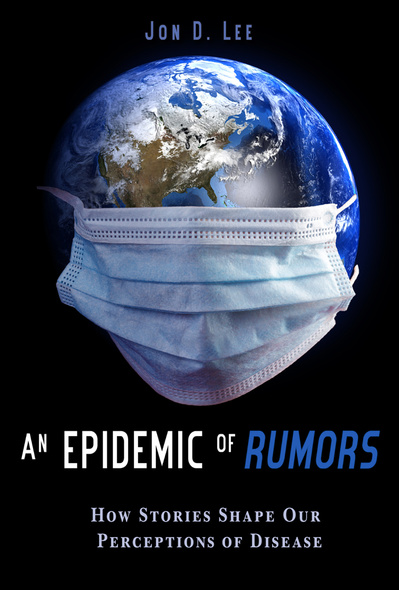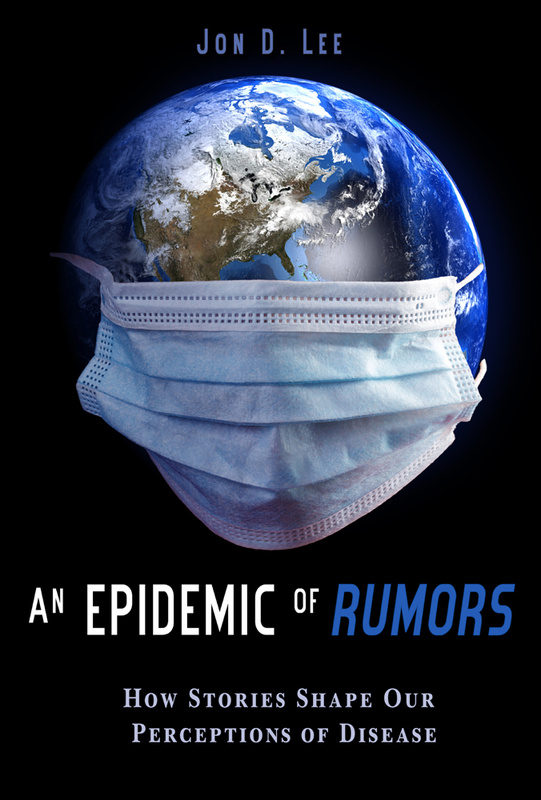Our shopping cart is currently down. To place an order, please contact our distributor, UTP Distribution, directly at utpbooks@utpress.utoronto.ca.
An Epidemic of Rumors
How Stories Shape Our Perception of Disease
Folklore studies brings important and useful perspectives to understanding cultural responses to the outbreak of disease. Through this etiological study Lee shows the similarities between the narratives of the SARS outbreak and the narratives of other contemporary disease outbreaks like AIDS and the H1N1 virus. His analysis suggests that these disease narratives do not spring up with new outbreaks or diseases but are in continuous circulation and are recycled opportunistically. Lee also explores whether this predictability of vernacular disease narratives presents the opportunity to create counter-narratives released systematically from the government or medical science to stymie the negative effects of the fearful rumors that so often inflame humanity.
With potential for practical application to public health and health policy, An Epidemic of Rumors will be of interest to students and scholars of health, medicine, and folklore.
‘A valuable contribution to the study of folklore and folklife, particularly in the areas of folklore and health/medicine.’
—Bonnie B. O’Connor, Alpert Medical School, Brown University
'One of the great strengths of Lee's work is that it views rumor, legend, and other forms as meaning-laden and indicative of larger social and cultural beliefs rather than as stories that simply need to be corrected, as is often the case in medical research. . . . [M]any of [Lee's] larger arguments will prove useful to folklorists and ethnographers working at the borders of 'folk' and 'official' medicine as well as to public health experts planning interventions for current and emerging global diseases.'
—Journal of Folklore Research
'An Epidemic of Rumors debunks certain popular notions about SARS and provides practical recommendations for how public health and the media can forestall the promotion of misinformation and racial and ethnic prejudice during epidemic crises. This book also evokes further inquiry into how multiple streams of information intersect, feed upon, and/or contradict each other, and by what methods researchers may be able to reconstruct and intervene in these processes in a time-sensitive manner.'
—Western Folklore
'[A]n excellent addition to the literature surrounding folklore, medicine, and public health. . . . An Epidemic of Rumors is recommended reading for any scholar interested in narrative, public health, folk medicine, or media studies, as well as public health workers and officials.' (?)
—New Directions in Folklore





